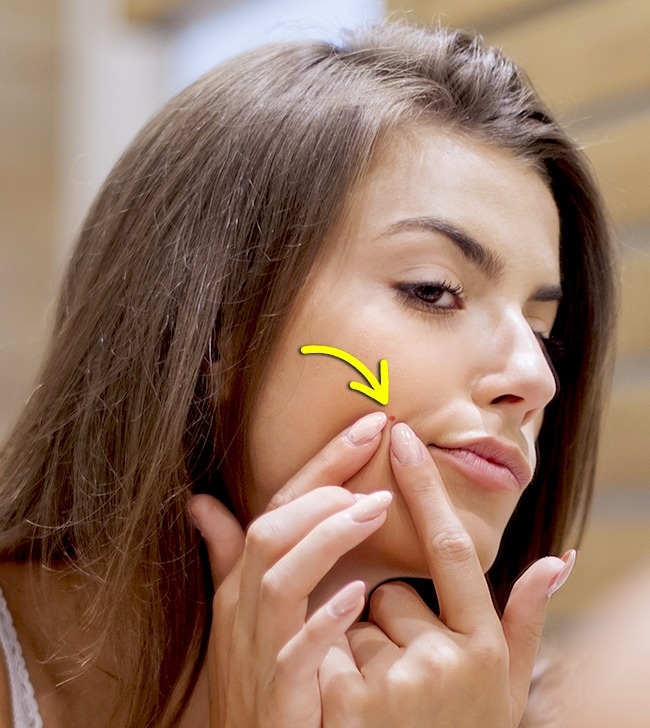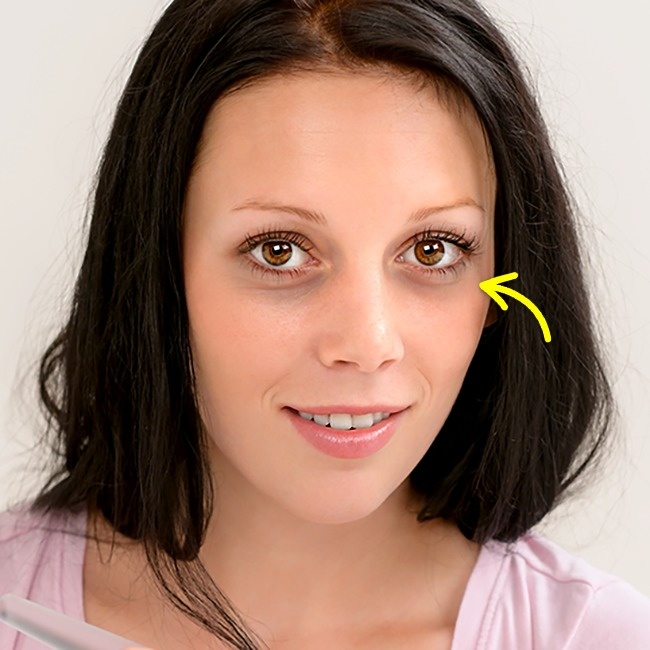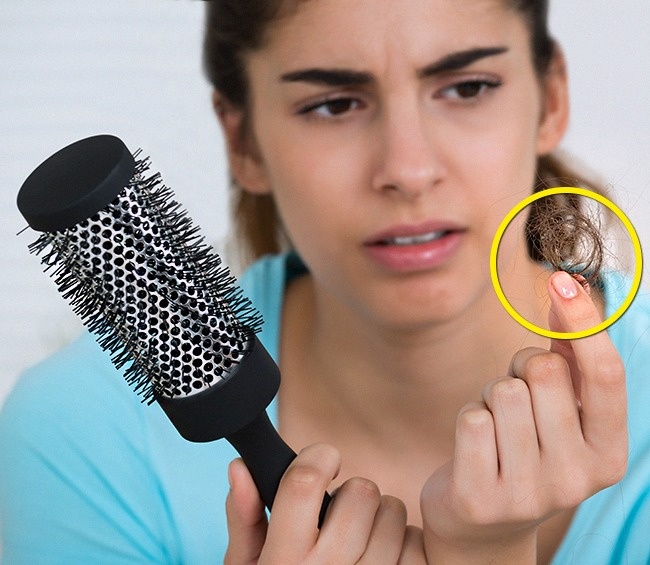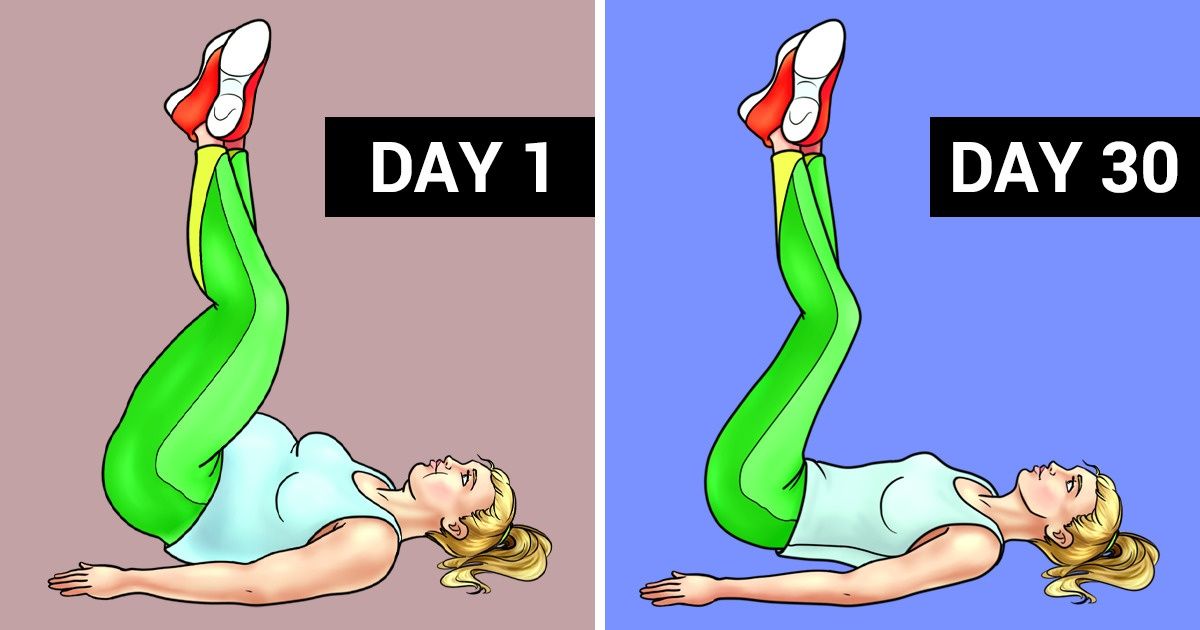Hormones play a critical role in maintaining your body’s balance, affecting everything from your mood and energy levels to your skin, hair, and overall appearance. When these hormones fall out of balance, you might experience a range of symptoms that not only impact your health but also your physical appearance. In this comprehensive guide, we explore 8 hormonal imbalance symptoms that harm your appearance. We delve into what a hormonal imbalance is, the various signs it can manifest (from acne and weight gain to fatigue and unwanted hair), and effective strategies to fix these imbalances. Whether you’re struggling with persistent skin issues, unexplained weight fluctuations, or chronic fatigue, understanding the root causes can help you take control of your health and restore your natural beauty.
For additional detailed information and guidance, reputable sources like Mayo Clinic and Healthline provide further reading on hormone health and treatment options.
What Is A Hormonal Imbalance?
Hormonal imbalance occurs when there is an abnormality in the levels of one or more hormones in the body. Hormones are chemical messengers that regulate various bodily functions, including metabolism, growth, mood, and reproduction. When these chemical signals become disrupted, it can lead to a range of health issues that may also affect your appearance.
Understanding Hormones
- Definition and Function: Hormones are produced by glands such as the thyroid, adrenal, and pituitary glands, as well as by organs like the pancreas and ovaries/testes. They travel through the bloodstream to tissues and organs, orchestrating complex processes such as digestion, sleep, and even stress response.
- Common Hormonal Imbalances: Some of the most common imbalances include thyroid disorders (hypothyroidism or hyperthyroidism), polycystic ovary syndrome (PCOS), adrenal fatigue, and insulin resistance. Each condition can have unique symptoms that affect both your health and appearance.
- Causes: Hormonal imbalances can be triggered by factors such as stress, poor diet, environmental toxins, lack of sleep, and underlying medical conditions. Genetic predisposition and lifestyle choices also play a significant role.
Understanding the basics of hormonal imbalance is essential for recognizing its symptoms and seeking appropriate treatment. For more in-depth information, consider reading Mayo Clinic’s overview on hormonal disorders.
What Are The Symptoms Of Hormonal Imbalance
Hormonal imbalances can manifest in numerous ways, often with visible effects on your appearance. Here, we highlight eight common symptoms that may indicate an underlying hormonal issue.
1. Acne

Acne is one of the most visible signs of a hormonal imbalance. Fluctuations in hormones, particularly during puberty, menstruation, or conditions like PCOS, can increase sebum production, leading to clogged pores and breakouts.
Treatment Tips: Consider a balanced skincare routine, and consult a dermatologist about treatments that address hormonal acne. For more guidance, check out Healthline’s acne management tips.
How It Happens: Elevated levels of androgens (male hormones present in both men and women) can stimulate the sebaceous glands to produce more oil, causing skin inflammation and acne.
2. Overweight or Unexplained Weight Gain
Weight gain or difficulty losing weight can be a common symptom of hormonal imbalance. Hormones regulate metabolism, and imbalances in thyroid hormones, insulin, or cortisol can disrupt metabolic processes.
Managing Weight: A balanced diet, regular exercise, and stress reduction techniques are essential. Consulting with a nutritionist or endocrinologist can provide personalized strategies. Visit Mayo Clinic’s weight management section for more information.
Impact on Metabolism: Low thyroid hormone levels (hypothyroidism) can slow down metabolism, while insulin resistance can lead to increased fat storage. High cortisol levels, often due to chronic stress, can also contribute to abdominal fat.
3. Fatigue

Persistent fatigue and low energy levels can be a red flag for hormonal imbalances. When hormones that regulate energy and sleep (like thyroid hormones and cortisol) are out of sync, you may feel exhausted regardless of how much rest you get.
Boosting Energy: Focus on proper sleep hygiene, a balanced diet, and regular exercise. Consider consulting with a healthcare provider for hormone testing if fatigue persists.
Why It Happens: Hormonal imbalances disrupt the body’s natural rhythms, leading to poor sleep quality and reduced energy.
4. Excessive Sweating

Excessive sweating, especially when it occurs without obvious physical exertion or heat, can be a symptom of hormonal imbalances.
Managing the Symptom: Using antiperspirants, wearing breathable fabrics, and discussing treatment options with a doctor can help manage this condition. For more insights, refer to WebMD’s guide on excessive sweating.
Underlying Causes: Hormones like estrogen and testosterone can influence sweat production. Imbalances may trigger hyperhidrosis (excessive sweating), affecting confidence and comfort.
5. Dark Circles Under The Eyes

Dark circles and puffy eyes are not just a sign of lack of sleep—they can also indicate hormonal issues. Hormonal imbalances can affect the circulation and pigmentation around your eyes.
Potential Remedies: Adequate sleep, hydration, and skincare products rich in antioxidants can help. If persistent, consult a dermatologist for specialized treatments.
Mechanism: Stress hormones like cortisol can break down collagen in the delicate skin around your eyes, leading to thinning and the appearance of dark circles.
6. Depression and Mood Swings

Mood changes, including depression and irritability, are frequently linked to hormonal imbalances. Hormones significantly influence neurotransmitters that regulate mood.
Emotional Well-Being: Engaging in stress management techniques, counseling, and sometimes medication can help restore balance. For more resources on mental health and hormones, visit Psychology Today.
Biochemical Impact: Imbalances in hormones such as estrogen, progesterone, and cortisol can disrupt serotonin and dopamine levels, leading to mood swings and depressive symptoms.
7. Hair Loss

Thinning hair or hair loss can be a distressing sign of hormonal imbalance. Androgenic alopecia (pattern baldness) and other forms of hair loss are often influenced by hormone levels.
Restorative Measures: Addressing the underlying hormonal imbalance through medical treatment or lifestyle changes can help slow hair loss. Consider consulting a dermatologist or endocrinologist for targeted therapies.
Hormonal Effects: Elevated androgens can lead to hair follicle miniaturization, while thyroid imbalances can also affect hair growth cycles.
8. Unwanted Hair
In contrast to hair loss, hormonal imbalances can also cause unwanted hair growth (hirsutism), particularly in women. This is often linked to elevated androgen levels.
Management Options: Treatments may include lifestyle modifications, medications such as anti-androgens, and cosmetic procedures like laser hair removal. For more detailed information, check out WebMD’s guide on hirsutism.
Causes: Conditions like PCOS are commonly associated with unwanted facial or body hair due to hormonal disruptions.
How To Fix Hormonal Imbalance: Practical Strategies for Balance and Beauty
Addressing hormonal imbalance requires a holistic approach that encompasses lifestyle changes, dietary modifications, stress management, and sometimes medical intervention. Here are some practical strategies to help fix hormonal imbalances and, in turn, improve your appearance and overall health.
1. Balanced Diet and Nutrient Intake
Eating a balanced diet rich in whole foods can provide the essential nutrients your body needs to produce and regulate hormones effectively.
- Focus on Anti-Inflammatory Foods: Incorporate plenty of fruits, vegetables, lean proteins, and healthy fats into your meals. Foods high in omega-3 fatty acids, such as salmon and walnuts, can help reduce inflammation.
- Minimize Processed Foods: Reduce the intake of processed foods, sugars, and refined carbohydrates that can trigger insulin spikes and hormonal fluctuations.
- Stay Hydrated: Adequate water intake is crucial for all bodily functions, including hormone regulation.
For nutritional advice and meal planning ideas, visit Harvard T.H. Chan School of Public Health’s nutrition resources.
2. Regular Exercise and Physical Activity
Exercise is one of the most effective ways to balance hormones naturally.
- Boost Endorphins: Regular physical activity increases the production of endorphins, improving mood and reducing stress.
- Regulate Insulin Levels: Exercise helps maintain balanced blood sugar levels, reducing the risk of insulin resistance.
- Support Weight Management: Staying active helps manage body weight, which is crucial since excess body fat can produce additional estrogen and exacerbate hormonal imbalances.
Aim for at least 150 minutes of moderate aerobic exercise or 75 minutes of vigorous activity per week, along with strength training sessions.
For exercise recommendations, check out guidelines on Mayo Clinic’s fitness page.
3. Stress Reduction Techniques
Chronic stress is a major contributor to hormonal imbalance, primarily by increasing cortisol levels.
- Mindfulness and Meditation: Practicing mindfulness or meditation can help reduce stress and lower cortisol levels. Apps like Headspace or Calm can guide you through meditation sessions.
- Yoga and Deep Breathing: Incorporate yoga or deep breathing exercises into your daily routine to promote relaxation and restore hormonal balance.
- Adequate Sleep: Prioritize quality sleep by establishing a regular sleep schedule, creating a relaxing bedtime routine, and optimizing your sleep environment.
For more stress management tips, refer to American Psychological Association.
4. Medical Intervention and Hormonal Therapies
If lifestyle modifications are insufficient, consult a healthcare provider to explore hormonal therapies.
- Hormone Replacement Therapy (HRT): For certain conditions, such as menopause or thyroid imbalances, HRT can help restore balance.
- Medications: Conditions like PCOS or thyroid disorders may require specific medications to regulate hormone levels.
- Regular Check-Ups: Monitoring hormone levels through regular blood tests can help identify imbalances early and guide appropriate treatment.
Discuss your symptoms and treatment options with an endocrinologist or your primary care provider to determine the best course of action.
For additional insights into hormonal therapies, visit WebMD’s hormone health section.
5. Lifestyle Modifications and Self-Care
Making comprehensive lifestyle changes is key to long-term hormonal balance.
- Establish a Routine: Consistency in your daily routine, including meal times, exercise, and sleep, helps regulate your body’s internal clock and hormonal rhythms.
- Avoid Toxins: Reduce exposure to environmental toxins and endocrine disruptors found in plastics, pesticides, and certain personal care products.
- Mindful Habits: Engage in hobbies and activities that bring joy and reduce stress, whether it’s reading, gardening, or spending time with loved ones.
For more on how lifestyle changes can impact hormone health, explore resources on Mayo Clinic.
Conclusion: Embrace a Balanced Approach for Better Health and Appearance
Hormonal imbalances can profoundly affect your appearance and overall well-being, manifesting as acne, weight gain, fatigue, and more. However, understanding the symptoms and taking proactive steps to address them can lead to significant improvements. By adopting a balanced diet, engaging in regular exercise, practicing stress management, and seeking appropriate medical intervention, you can restore hormonal balance and, in turn, enhance your natural beauty and vitality.
Remember, achieving hormonal balance is a journey that requires patience and consistency. Small changes in your daily routine can lead to long-lasting improvements in both your physical appearance and mental health. Whether you’re looking to clear up your skin, manage your weight, or simply feel more energetic, these strategies offer a holistic approach to fixing hormonal imbalances and reclaiming your health.
For further expert advice and comprehensive health information, be sure to explore trusted sources such as Mayo Clinic, Healthline, and Harvard T.H. Chan School of Public Health. Embrace the journey toward balanced hormones and enjoy the transformative effects on your appearance and overall quality of life.
This article is for informational purposes only and is not a substitute for professional medical advice. Always consult with a healthcare provider for personalized recommendations regarding hormonal health and treatment options.









